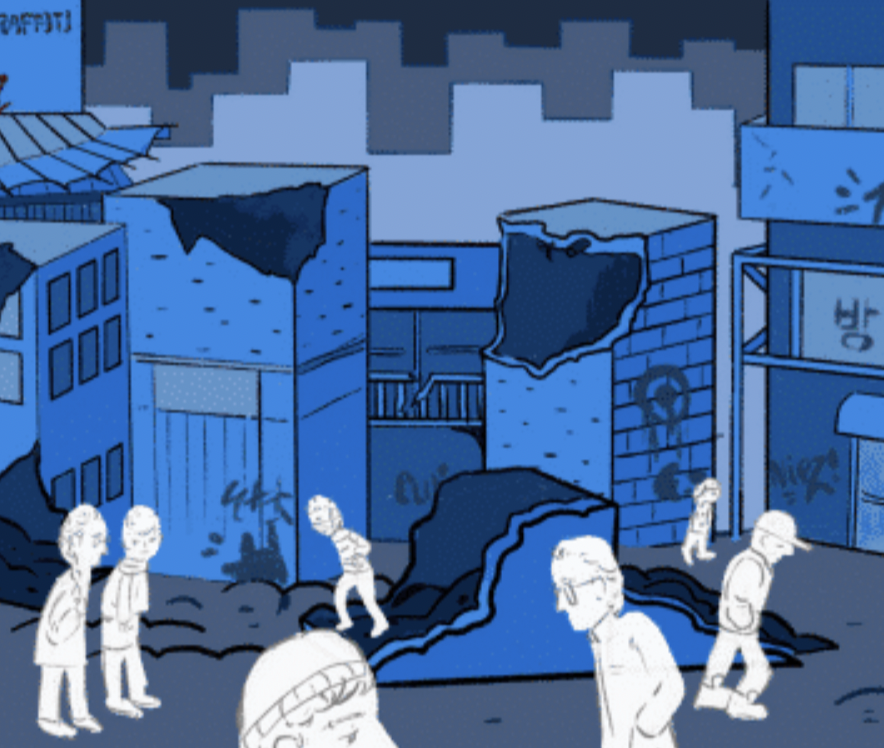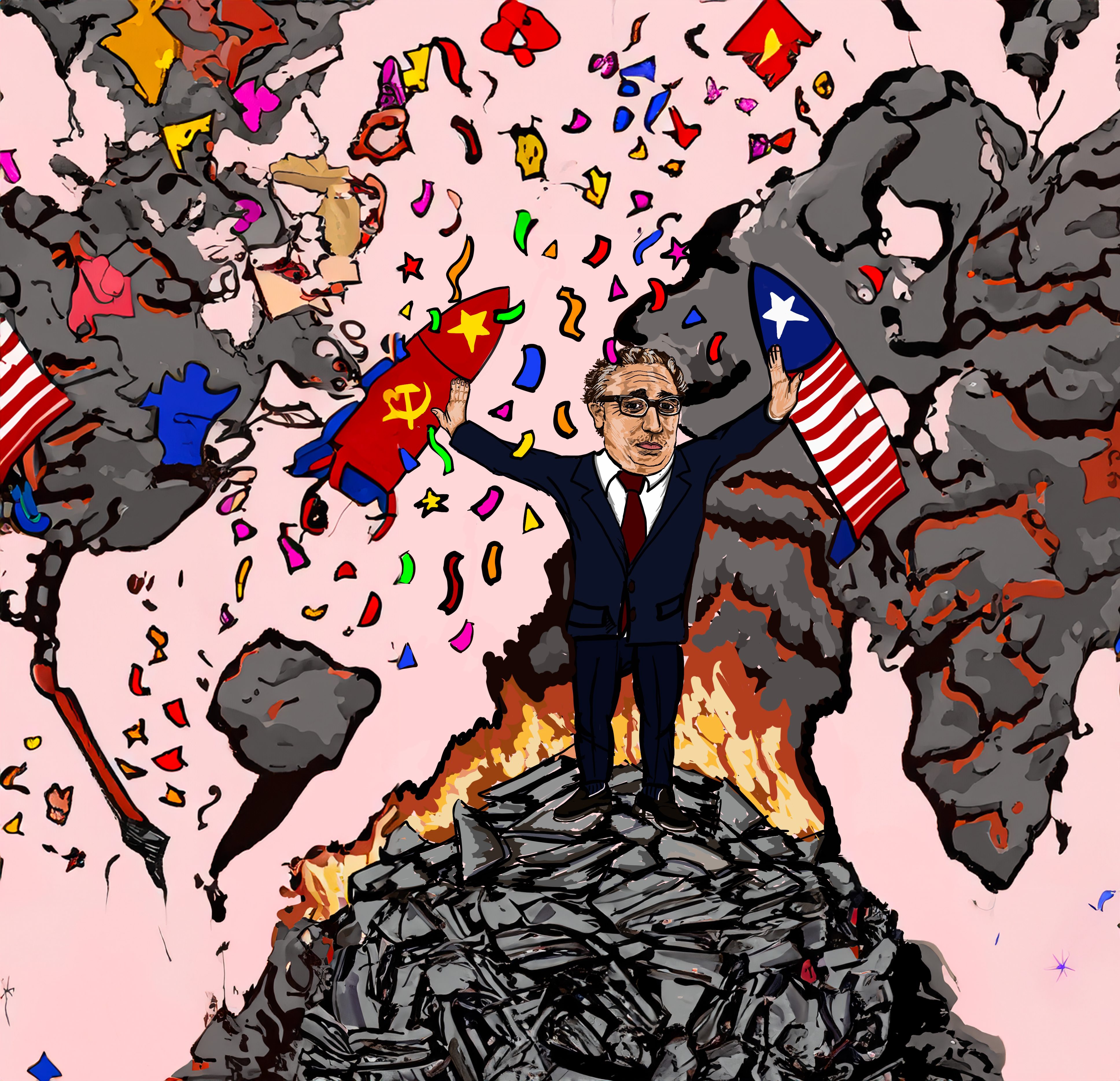On Sunday, April 3, Pakistani Prime Minister Imran Khan was responsible for leading a constitutional coup that caused the dissolution of the National Assembly. Though the country was notorious for its controversial politics, the recent turn of events has threatened Pakistan’s democracy, making it very vulnerable. If we’d like to continue diplomatic ties with Pakistan, it is imperative that we refrain from intervening in the establishment of its political system.
With his background as a former professional cricket champion, Khan gained support for his campaign through his status as a celebrity and his relationship with the Pakistani military — the sixth largest armed forces in the world. Though Khan was able to secure his position in office, his inability to deliver on election promises of decreased corruption and increased economic opportunities led to the downfall of his political career. As a result, Khan has become the first victim of a no-confidence vote in the history of Pakistan in spite of the overwhelming support he received during his political campaign in 2018. Pakistan’s economy continues to suffer under the rule of Khan, as inflation rates rise up to the double digits and unemployment rates reach soaring heights despite the billion-dollar program from the International Monetary Fund. To make matters worse, Khan was unable to undermine his political opponents in his anti-corruption witch hunt. With the cards stacked against him, the collective might of the military and the Pakistan Peoples Party’ (PPP)s call for a no-confidence vote led to Khan’s ousting from office on April 10.
Though the vote of no-confidence has allowed Pakistan to heal from the damages on its economy and political stability, the ousting of Khan does not guarantee the stability of the nation. Pakistan is home to one of the most volatile, powerful militaries in the world, having access to a vast nuclear arsenal and a history of unleashing coups on government bodies. Even though the country has called for the elections for Pakistan’s next leader to be held in 90 days to allow for the necessary reforms to prevent corruption, the military’s presence remains in the political landscape of Pakistan.
During his political term, Khan embraced a strategic partnership with China and Russia in an attempt to undermine the relationship that opposing parties had with the United States. The debilitating alliance between the United States and Pakistan caused the military to withdraw support from Khan in response to the changes made to the country’s foreign policy and security agenda. Though Pakistan’s military continues to remain neutral in the current political crisis, multiple military leaders have expressed their interest in deepening ties with the United States, raising the possibility of military intervention. Despite claims that the army was not involved in the removal of Khan from office, supporting parties of Khan continue to claim that the no-confidence vote was part of an American conspiracy to cause a shift in Pakistan’s leadership.
As an important political country in Asia, Pakistan is a valuable political and militaristic ally for the United States. Despite the benefits that it may reap, it is imperative that the United States allows for democracy to be implemented in Pakistan’s election for its next leader. Bilawal Bhutto Zardari, the chairman of the opposition Pakistan Peoples Party reiterates the importance of the maintenance of Pakistan’s democracy, stating, “We are ready for the fresh elections, but we cannot allow violation of the rules and the constitution.”
In a country as controversial and politically vulnerable as Pakistan, the intervention of the United States will fundamentally destroy the political infrastructure upon which Pakistan is built. Pakistan continues to recover from the multitude of militaristic coups in its past, and the United States’s intervention will only cause further disruptions in Pakistan’s quest to fight the corruption that plagues its politics.




